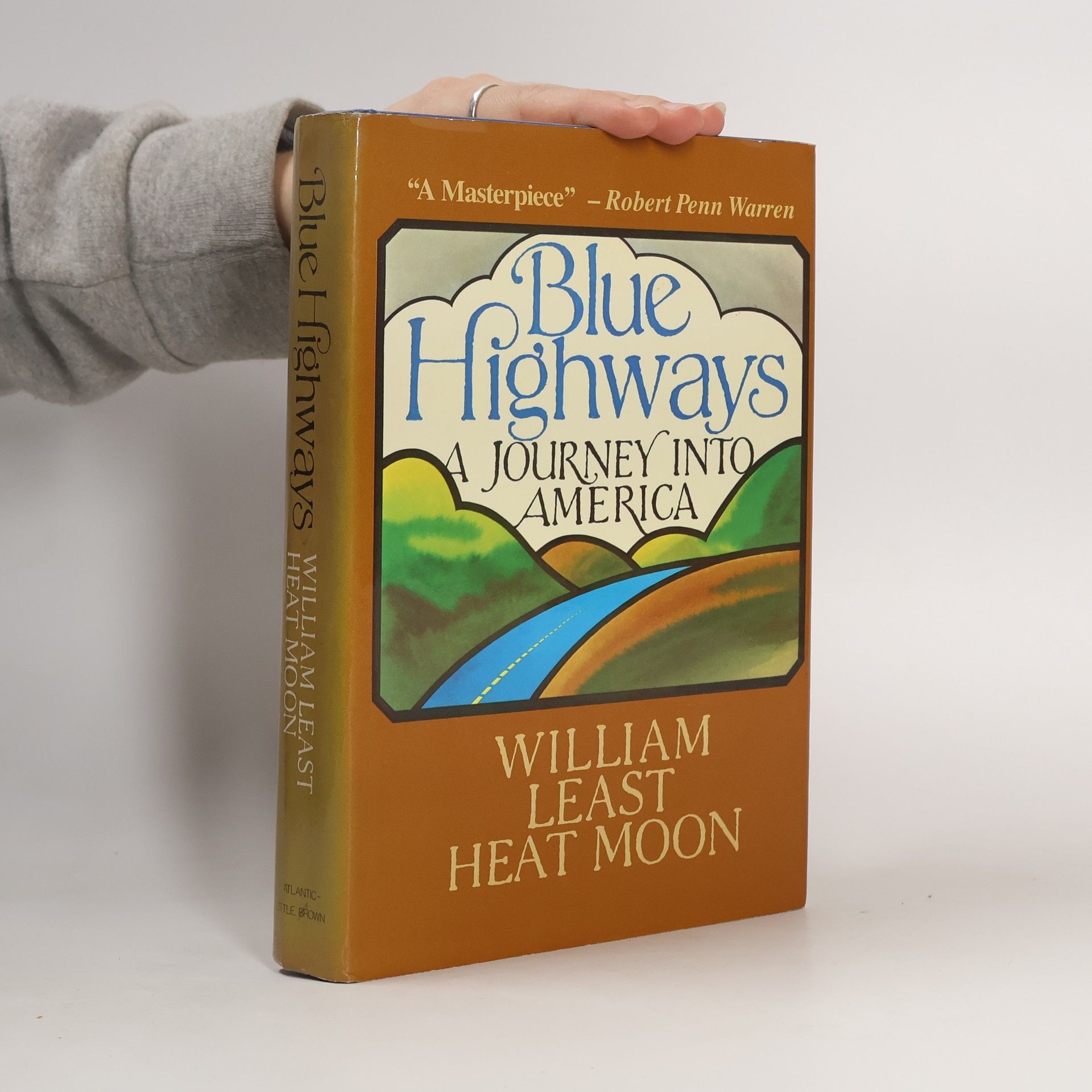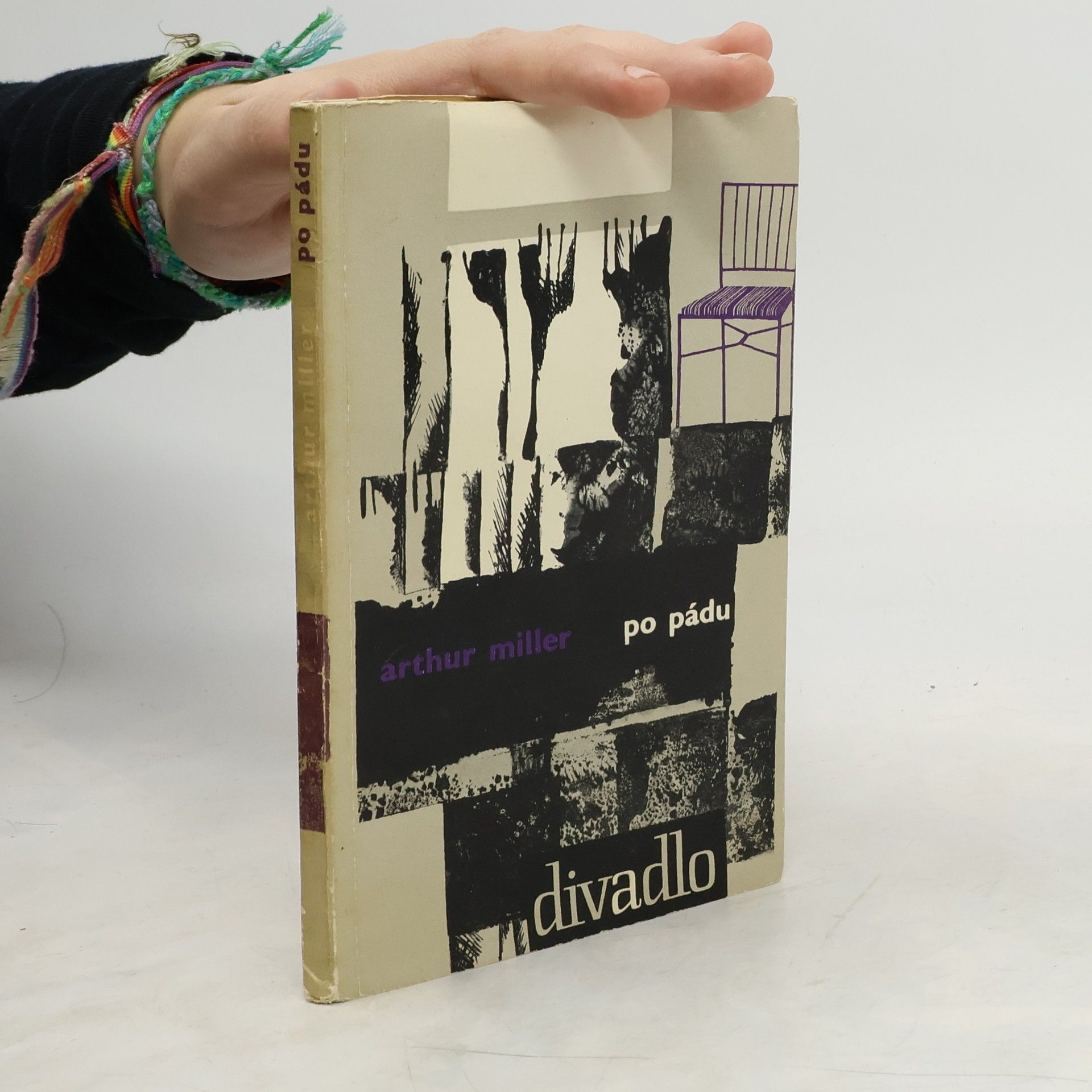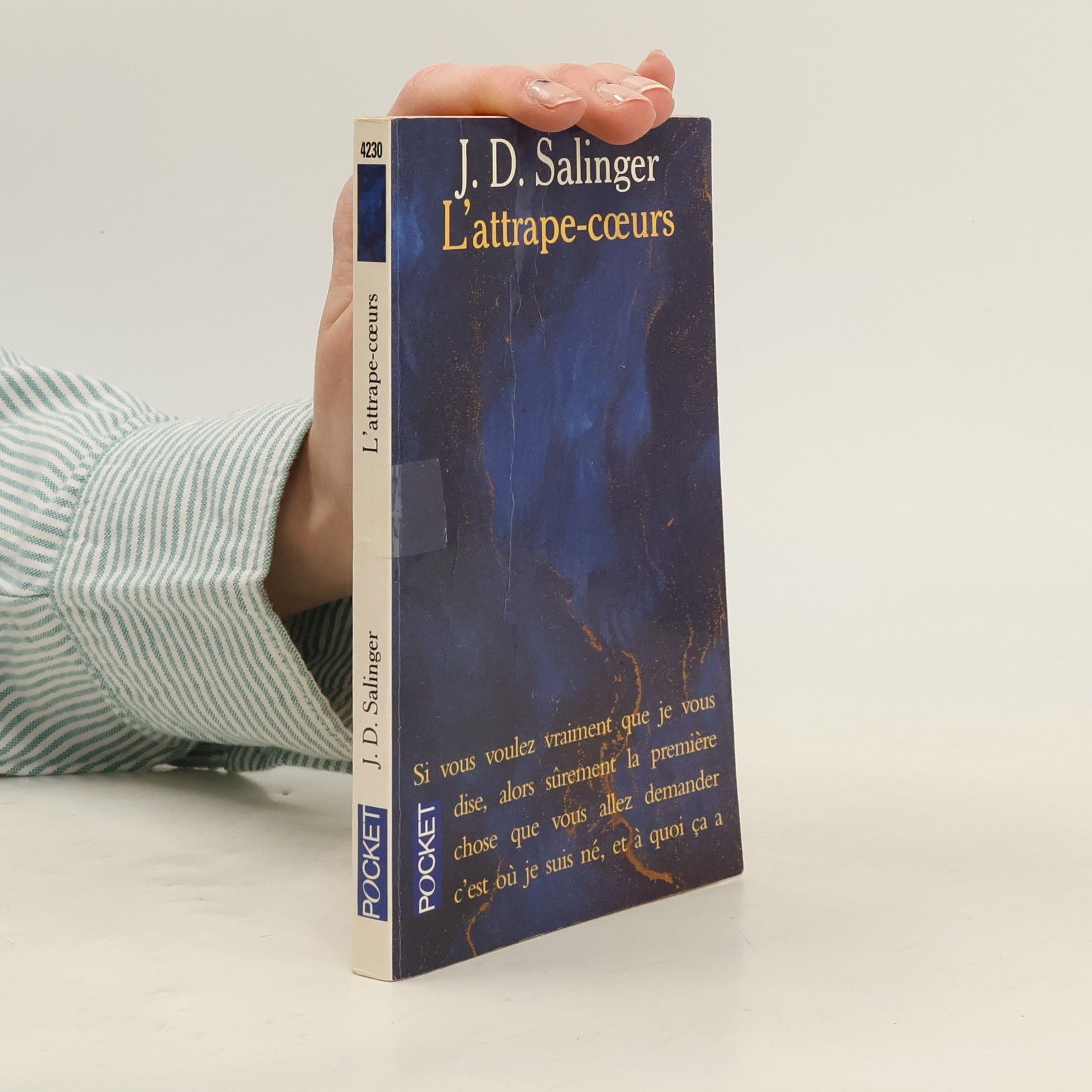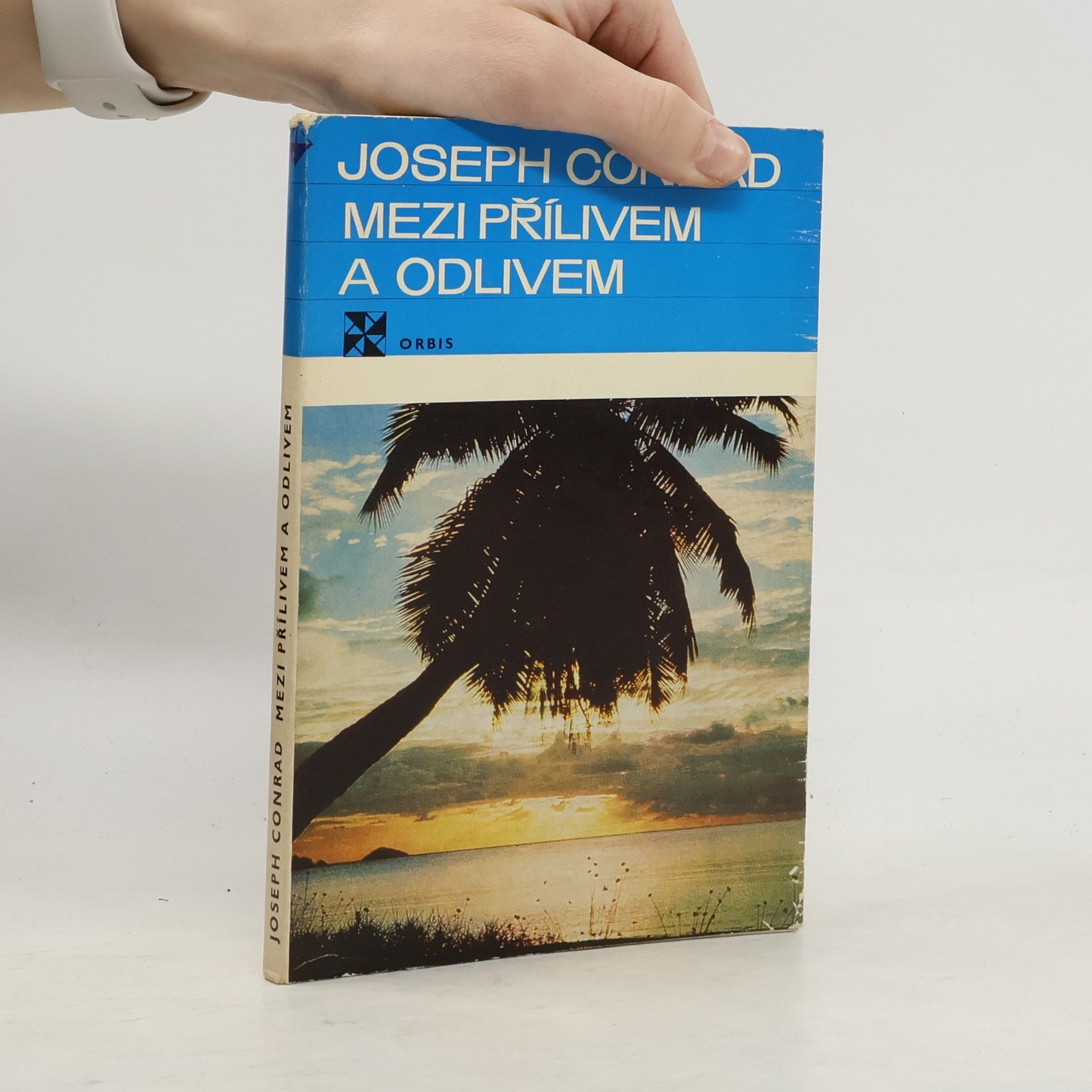L'attrape-coeurs
- 252pages
- 9 heures de lecture
The hero-narrator is a sixteen-year-old native New Yorker named Holden Caulfield. He leaves his prep school in Pennsylvania and spends three days underground in New York City. Holden is both simple and complex, making it difficult to draw definitive conclusions about him or his story. He is captivated by beauty, almost to the point of being overwhelmed by it. The novel features various voices—children's, adults', and underground—but Holden's voice stands out as the most eloquent. He expresses a poignant blend of pain and pleasure, transcending his vernacular while remaining true to it. Most of his pain is kept to himself, while he shares the pleasure with the reader who can appreciate it. J.D. Salinger's classic tale of teenage angst and rebellion was published in 1951 and has been recognized as one of the best English-language novels of the 20th century. It has faced challenges for its use of profanity and depiction of sexuality, becoming a must-read for teenage boys in the 1950s and 60s.









